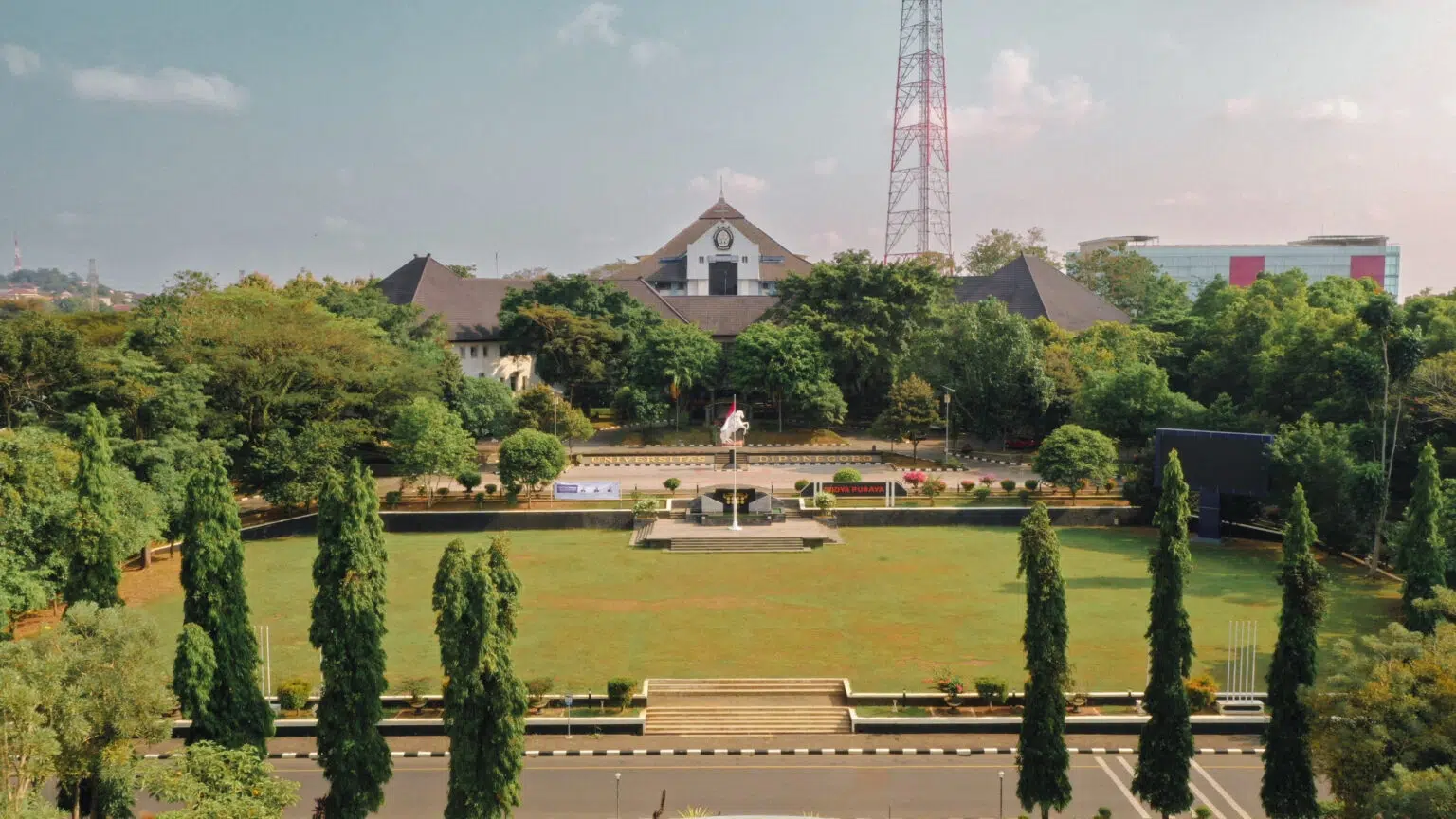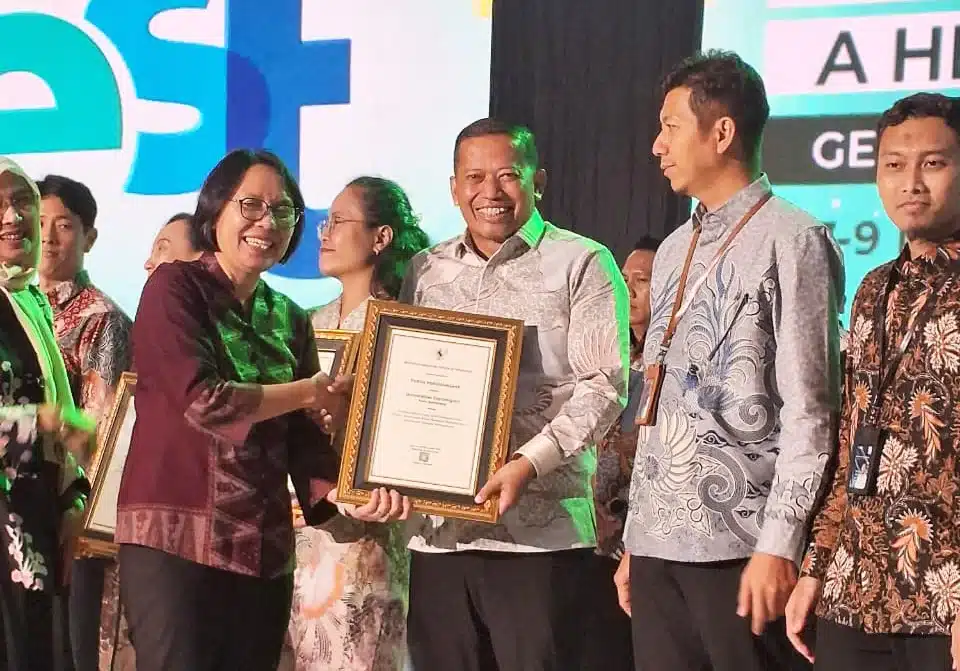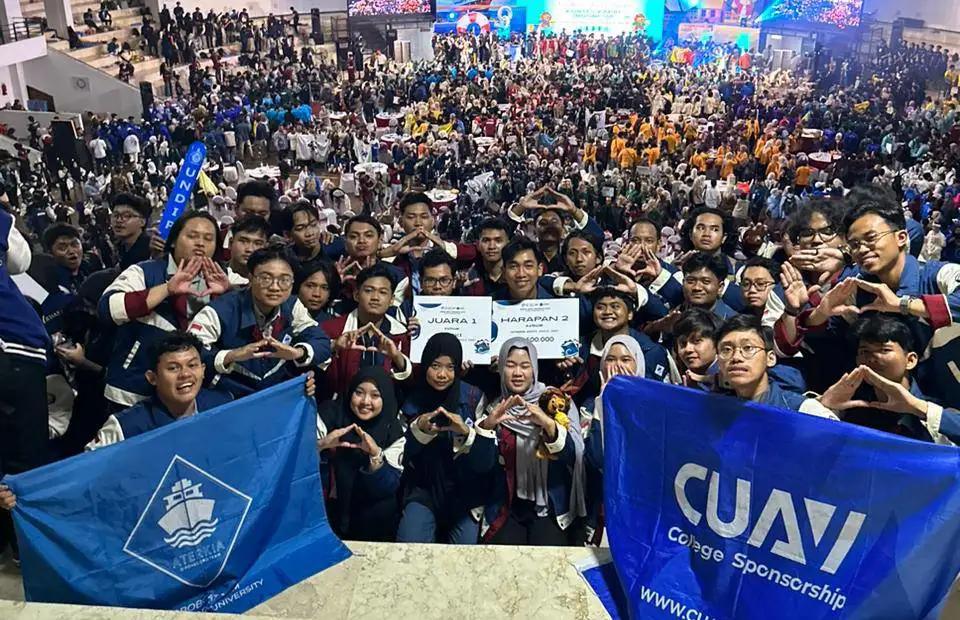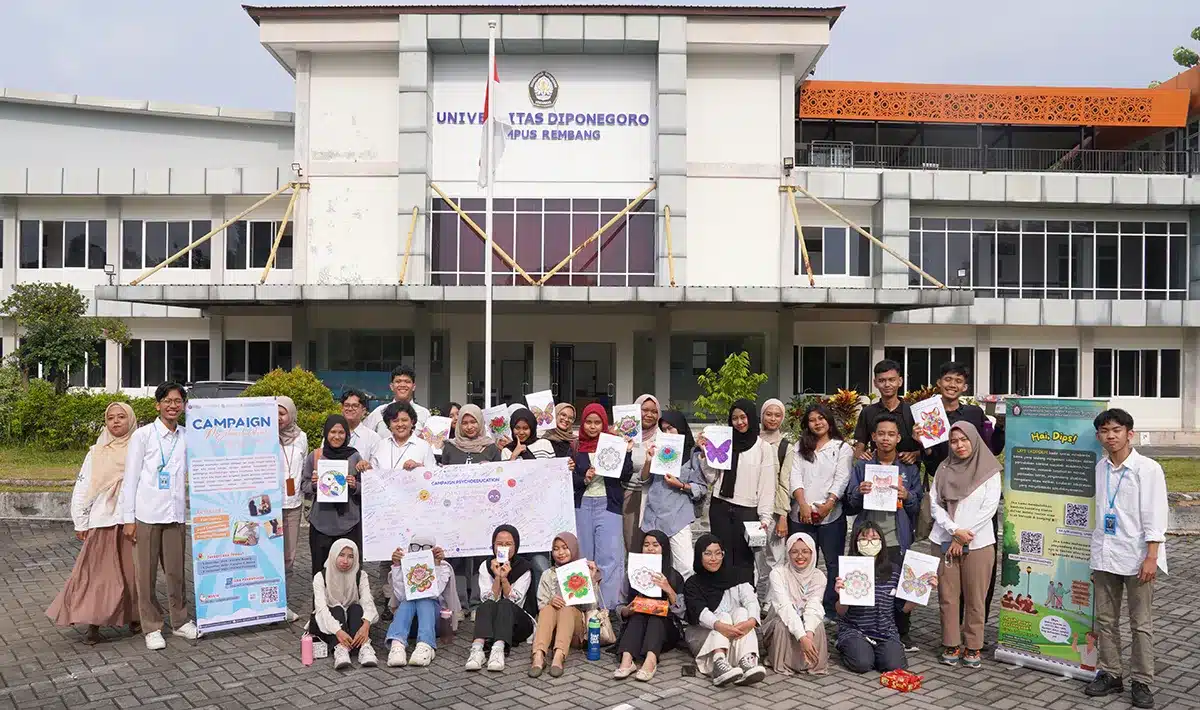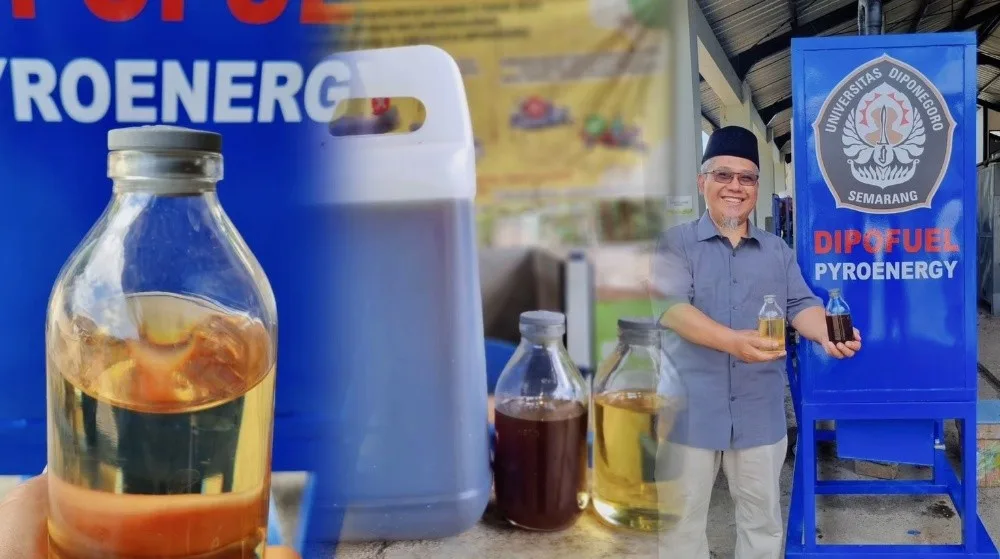SEMARANG – Starting from the community service activities she did, Prof. Dr. Aji Prasetyaningrum, S.T., M.Si who is a lecturer at the Department of Chemical Engineering, Faculty of Engineering, Diponegoro University was initiated to explore the potential of seaweed. Sea plants which are now widely cultivated are still categorized as commodities that have undergone minimal processes. Some are sold raw and some are sold in dried form by going through the process of drying in the sun. The use of sea plants is not optimized even though the content stored in them has a high economic value.
“It is very unfortunate if Indonesian seaweed is not used optimally to improve the economy. It contains carrageenan which is widely used as an additive in food, even for biological medicine,” said Prof. Dr. Aji Prasetyaningrum, S.T., M.Si, on Thursday (28/10/2021), when delivering her inaugural speech as a professor entitled “Innovation of Carrageenan Processing Technology for Raw Materials for Food Products and Biological Medicine from Seaweed”.
Therefore, the woman who was born in Pati, October 2, 1969, who currently serves as the Chair of Laboratory of OTK and Chemical Engineering Process at Faculty of Engineering Undip, suggested the implementation of carrageenan processing to obtain better economic value. “The processing of seaweed into carrageenan will increase the economic value of the product. If sold in the form of dried seaweed the price is around IDR 8,500/kg, whereas if it is processed into semi-pure carrageenan, the selling value becomes IDR 80.000/kg. The economic value will double to IDR 160 thousand if it is processed into carrageenan,” she said.
Referring to data from the Central Statistics Agency (BPS), in 2020 the number of Indonesian seaweed exports in 2019 reached US$ 324.84 million/year or grew 11.31% compared to 2018 which reached US$ 291.83 million/year. During the 2014-2019 period, national seaweed exports were also recorded to grow an average of 6.53% per year. Production in 2020 reaches 10.99 million tons and is projected to reach 12.33 million tons in 2024.
The lecturer who completed her bachelor and doctoral degree in Chemical Engineering at Undip and master Degree at ITB stated the fact that the formulation of processed product branding derived from raw seaweed is still lacking. “In fact, the potential is very large because the growth of seaweed in Indonesia is very good. The climatic conditions and geographical location of Indonesia with sunlight, tides, pressure, water quality and salt content that are in accordance with the needs of seaweed growth are very supportive,” said the lecturer who is in charge of teaching 9 courses.
The type of seaweed found in Indonesia is Eucheuma cottonii which is the raw material for making carrageenan. Unfortunately, 80% of Indonesian seaweed products are exported in the form of dry products, so the seaweed processing industry needs to be encouraged. In addition to increasing economic value, carrageenan is a safe additive for food and it is a good source for biological medicinal products.
The processing process is carried out by extraction using ultrasonic waves or multi-stage processes. Carrageenan produced from this process are divided into two categories, namely those with high molecular weights which are usually used for food and beverages; and low molecular weight rage for biological medicine.
The use of ultrasonic assisted extraction technology can improve the quality of the carrageenan gel texture (> 1,200 g/m2). It is more environmentally friendly and suitable for the extraction of carrageenan materials that are not resistant to heat. While the use of a multi-stage extraction system can isolate the remaining carrageenan that is still there so that the level of purity and yield of the resulting carrageenan will increase (+/- 35%). The application of the recycle process can reduce the need for solvents, lower production costs and reduce chemical residues.
The further development of the use of carrageenan includes producing edible film derivative products made from carrageenan which are able to extend the shelf life and improve the quality of food products. Applications of carrageenan for food have been carried out, including for yogurt, jelly drinks, jelly candy, dodol, syrup and carrageenan chocolate. The results of the research have reached applications in industry.
Meanwhile, Aji Prasetyaningrum stated that further research is needed to apply the use of carrageenan for biological medicine. However, she is optimistic that the development into raw materials for biological medicine is very open. “Advanced oxidation technology methods have the potential for depolymerization of carrageenan products. It can produce products with specifications of a molecular weight of 21 kDa and a sulfate content of 11.52-12.14% that meet the requirements for raw materials for biological medicine, such as anti-oxidants and anti-cancer,” said the mother of two children.
For her achievement to the highest academic level, it encouraged the wife of Drs. H. Soedijanto Oetomo to be more focused on researching the development of high molecular weight carrageenan for food product additives and low molecular weight carrageenan as a source of biological medicine. She hoped that in the future carrageenan processing technology can be developed and applied to industry, both in MSMEs scale and industrial scale.
She felt grateful to be able to hold the title of professor at the age of 52. “For me, the achievement as a professor is a blessing from Allah SWT. Hopefully this achievement can be useful for Undip and the community. I hope that I can make another positive contribution,” she stated. (PR team)


